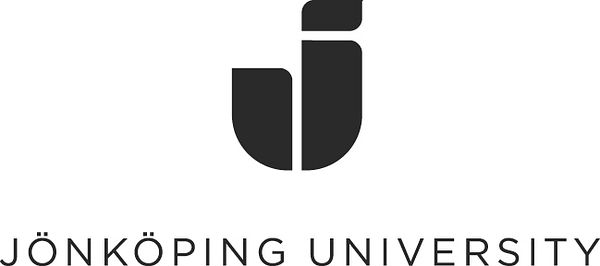
Press release -
Enduring and exit strategies - new research on family business portfolios
How do family businesses endure over time and generations? What strategies do they adopt and what is the role of emotions?
In a new PhD thesis from Jönköping International Business School, Jönköping University, Naveed Akhter studies family businesses in Pakistan to find out what strategies are successful and what makes a business survive through good and bad times.
“For me it was a personal journey”, says Naveed Akhter. “I was part of a family business which ran into some problems and eventually had to shut down. That unleashed my curiosity. Why do some family businesses fail and why do others live on? I wanted to write about those firms that endure, to see what could be learned from them.”
Two of the things he has found are the value of owning several firms, a so-called portfolio, and the importance of how and why to exit them (i.e. selling or shutting down).
“At first, my topic was portfolio entrepreneurship”, says Naveed Akhter. “I wanted to look at how family businesses grow. But with the very first family business I studied, I realised that the issue of exiting was also important! So I started to look at that aspect as well, and I found that the successful businesses are not only entering, but also exiting. Growth is not linear. And when you own many businesses you can use the resources from one exit in one of the other firms – I called it resource recycling.”
It’s a timely topic, and a new territory for research – there are studies of portfolio firms and of business exits, but very few published papers combine these two fields and ask: Which firms in the portfolio do you exit from? And in the context of family businesses, this is one of the very first studies. The results should be interesting both for theorists and practitioners.
Naveed Akhter chose Pakistan as the context for his research because of its unique setting. It is an emerging economy where many businesses are opening and closing, and where economic crisis, war, and terrorism affect the business community. But the situation is applicable to other emerging economies, and there are also similarities with family businesses all over the world.
Family businesses are heterogeneous – not even two businesses in Sweden are the same. But one thing most have in common is the emotional attachment, especially to the first business; the so-called core or legacy business. Later generations often see it as a duty to take over the business, a way to pay back to their family. After taking over the legacy business they may also start other, new businesses in fields that interest them.
“Emotions are important for family businesses owners. Sometimes it can make them go that extra mile, even sacrifice things”, says Naveed Akhter.
Naveed Akhter successfully defended his thesis Family business portfolios: Enduring entrepreneurship and exit strategies on 29 May 2016.
Related links
Topics
Categories
Jönköping University Foundation is one of three independent institutions of higher education in Sweden offering postgraduate programmes. It is characterised by focused profiles, internationalisation, an entrepreneurial spirit and collaboration with surrounding society. Research and education are carried out at four schools: Jönköping International Business School, School of Education and Communication, School of Engineering and School of Health and Welfare. Jönköping University has some 10,000 registered students, 725 employees and a turnover of approximately SEK 800 million.
